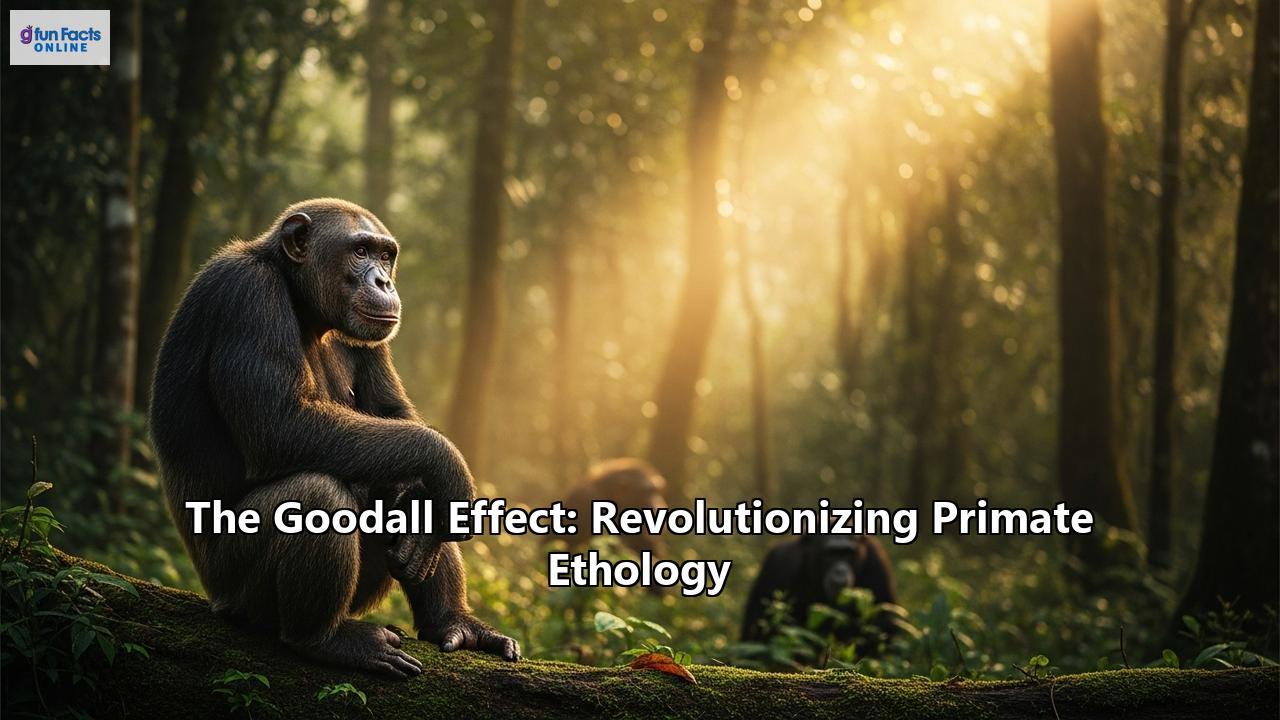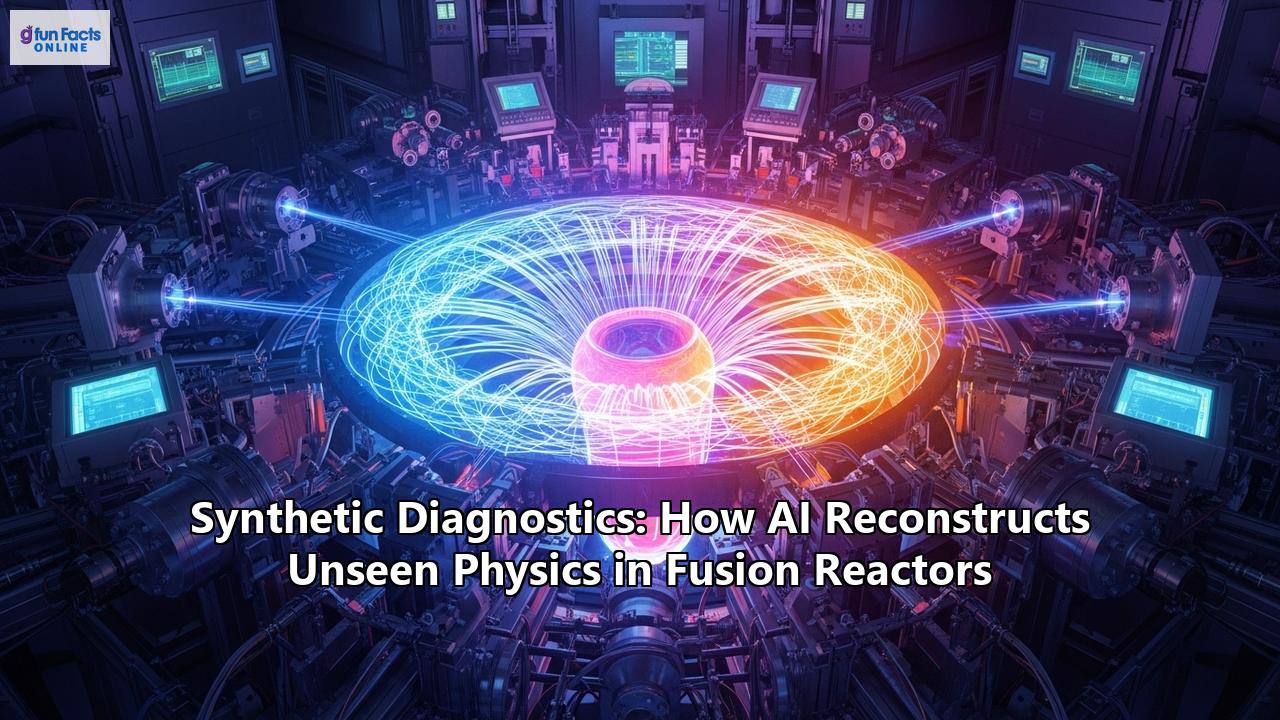Anatomy of a Government Shutdown: The Economic Ripple Effect
Anatomy of a Government Shutdown: The Economic Ripple Effect In the intricate machinery of a nation's economy, the government serves as a crucial cog, its spending and services powering a vast and interconnected system. But what happens when that cog grinds to a halt? A government shutdown, a pe ...










